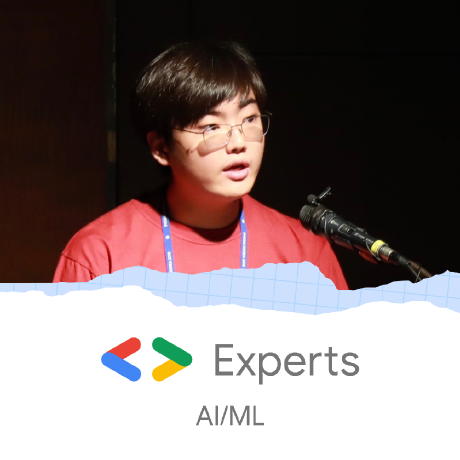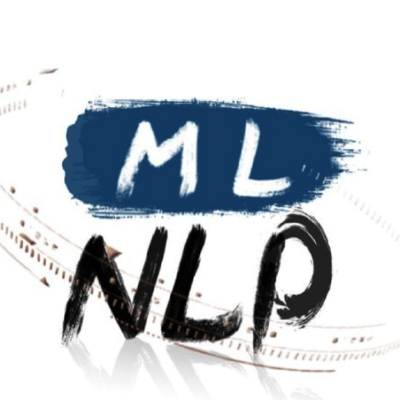Discover and explore top open-source AI tools and projects—updated daily.
llm-book by  ghmagazine
ghmagazine
Code examples for a Japanese LLM intro textbook
Top 65.4% on SourcePulse
This repository provides code and resources for the books "Introduction to Large Language Models" (2023) and "Introduction to Large Language Models II: Implementation and Evaluation of Generative LLMs" (2024). It targets engineers and researchers interested in practical LLM implementation, offering hands-on examples for fine-tuning, evaluation, and various NLP tasks.
How It Works
The project utilizes Google Colaboratory notebooks for all code execution, ensuring accessibility and ease of use. Models and datasets are hosted on Hugging Face Hub. The approach focuses on practical application of LLM concepts, covering transformer architectures, fine-tuning techniques like LoRA, and evaluation methodologies using tools like llm-jp-eval.
Quick Start & Requirements
- Code is designed to run in Google Colaboratory.
- Datasets and models are available on Hugging Face Hub.
- A data access issue with the MARC-ja dataset is noted, with a workaround provided using the WRIME dataset for relevant sections.
- Links to specific Colab notebooks for each chapter/section are provided in a table.
Highlighted Details
- Comprehensive coverage of LLM topics from foundational transformers to advanced techniques like instruction tuning, preference tuning, and Retrieval-Augmented Generation (RAG).
- Practical implementation examples for tasks including sentiment analysis, named entity recognition, summarization, question answering, and semantic similarity.
- Includes sections on distributed parallel training and evaluation benchmarks like llm-jp-eval and Japanese Vicuna QA Benchmark.
- Code is confirmed to run on Google Colaboratory, facilitating easy experimentation.
Maintenance & Community
- The repository is associated with published books, indicating a structured development and release process.
- Links to publisher and Amazon pages for both books are provided.
- A link to errata for the books is also available.
Licensing & Compatibility
- The repository itself does not explicitly state a license.
- Code examples likely depend on the licenses of the libraries used (e.g., Hugging Face Transformers, PyTorch).
Limitations & Caveats
- A specific dataset (MARC-ja) used in some examples had a broken download link as of July 2023, though a workaround using the WRIME dataset is provided.
- The repository's license is not specified, which may impact commercial use or integration into closed-source projects.
1 month ago
1 day

 FreedomIntelligence
FreedomIntelligence jxzhangjhu
jxzhangjhu liucongg
liucongg graviraja
graviraja changwookjun
changwookjun dipanjanS
dipanjanS AkariAsai
AkariAsai Beomi
Beomi msgi
msgi MLNLP-World
MLNLP-World km1994
km1994 HandsOnLLM
HandsOnLLM